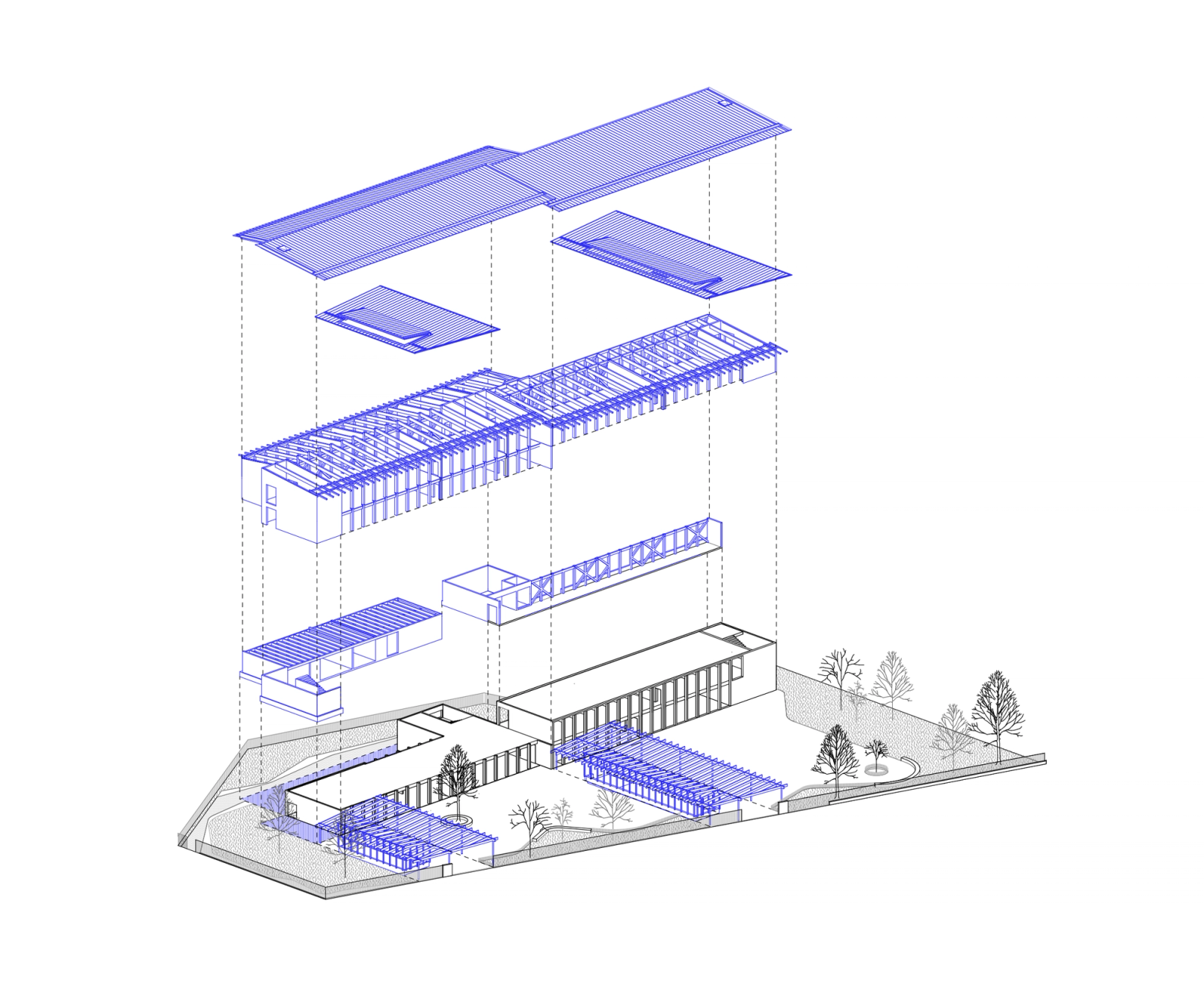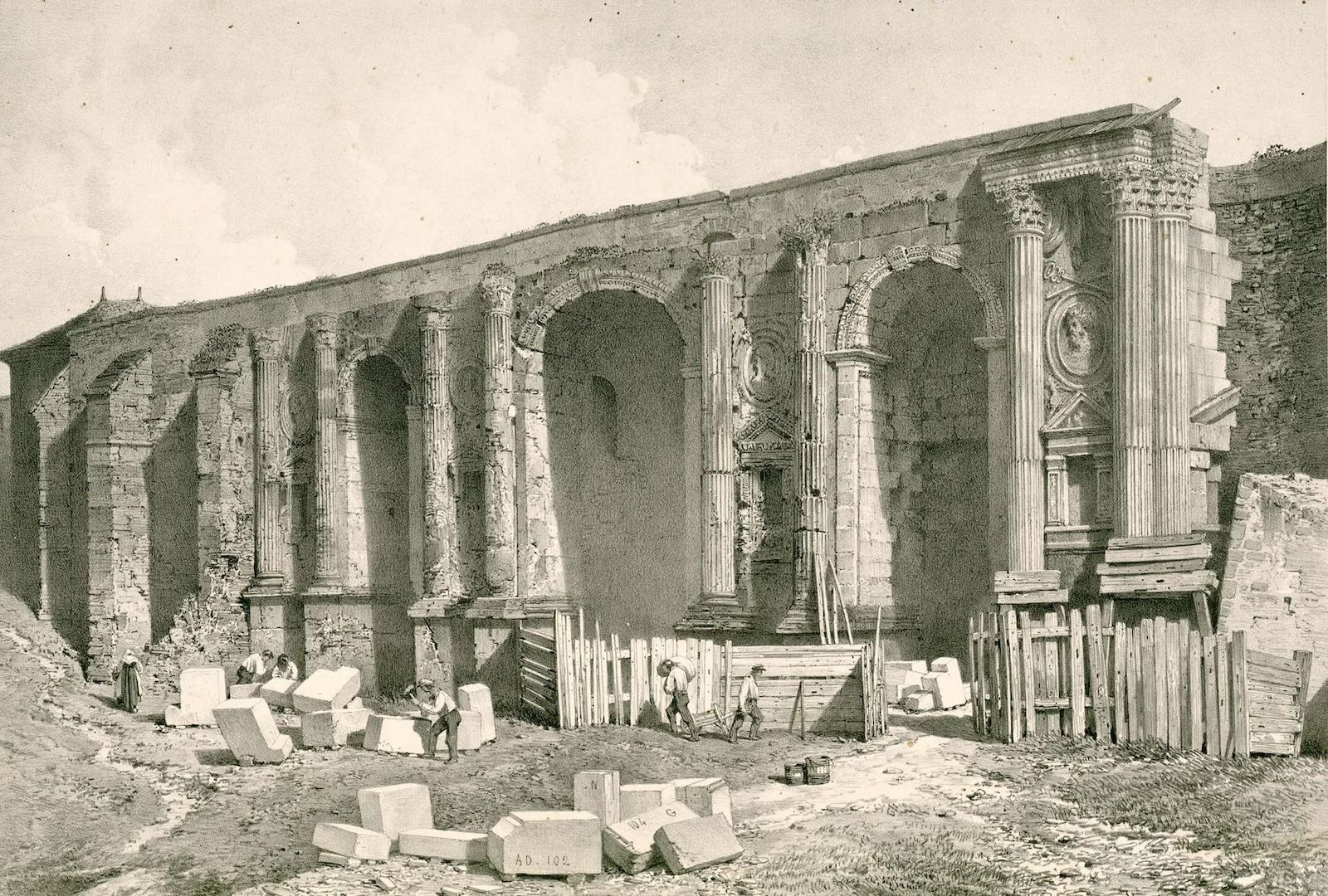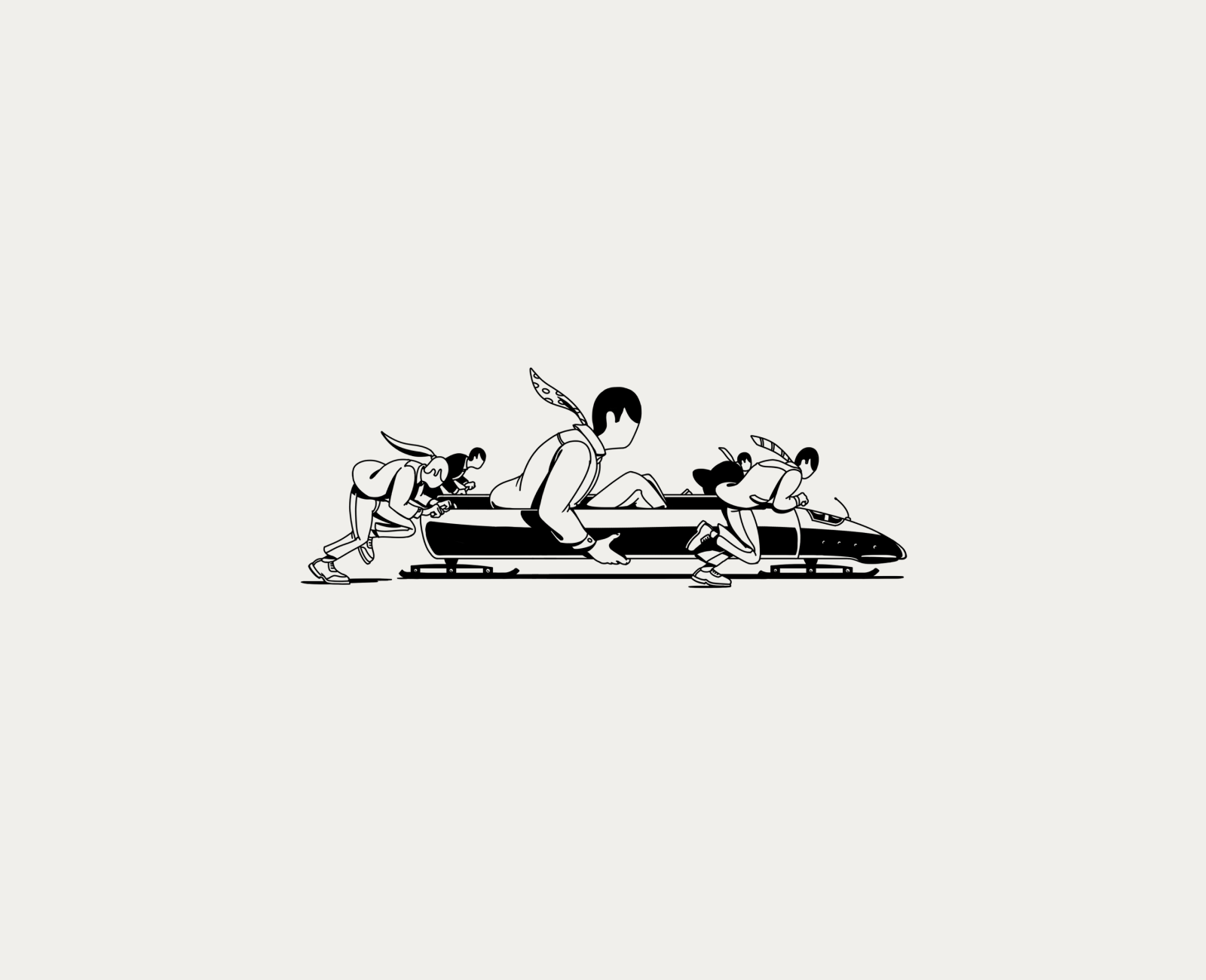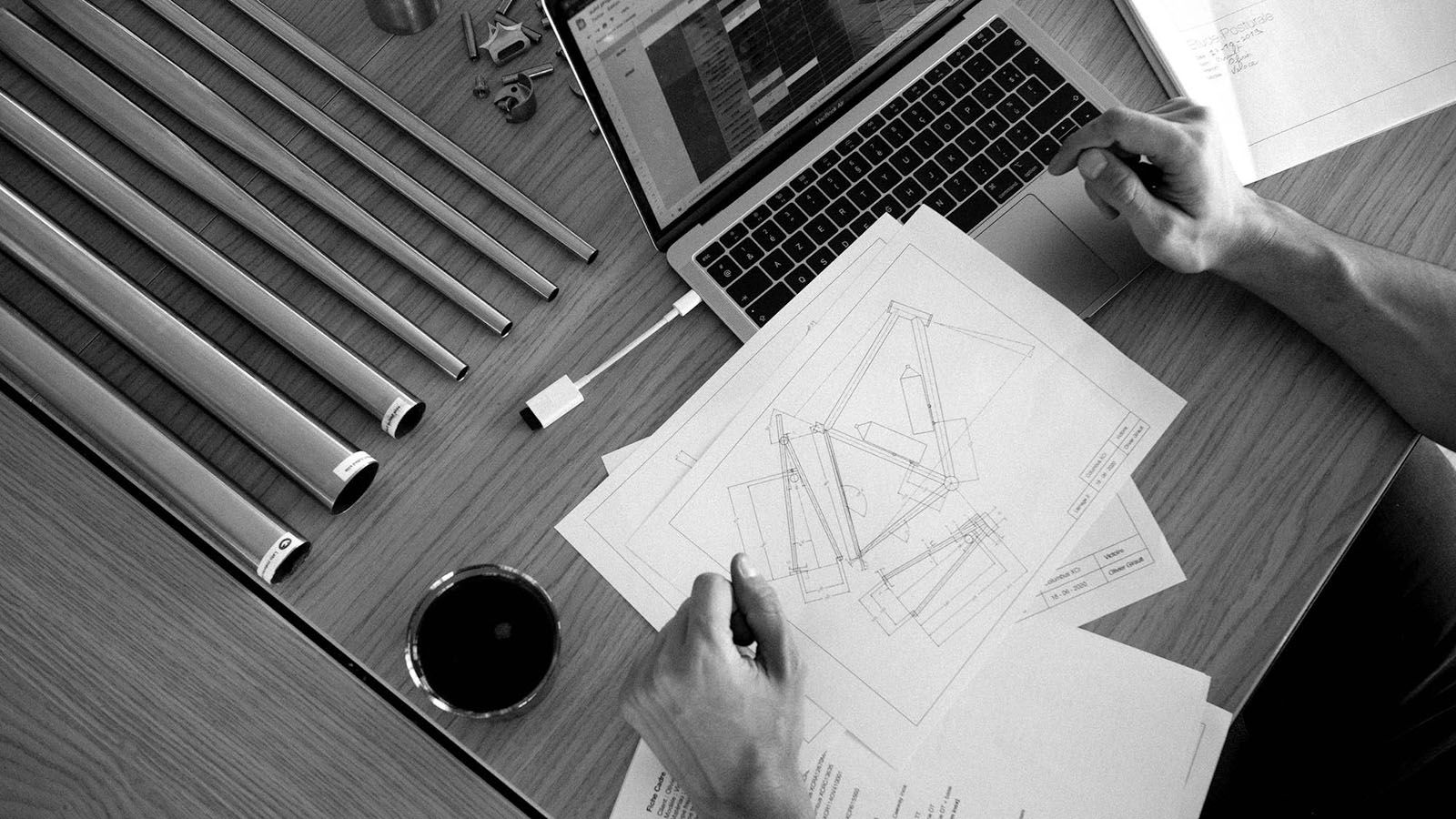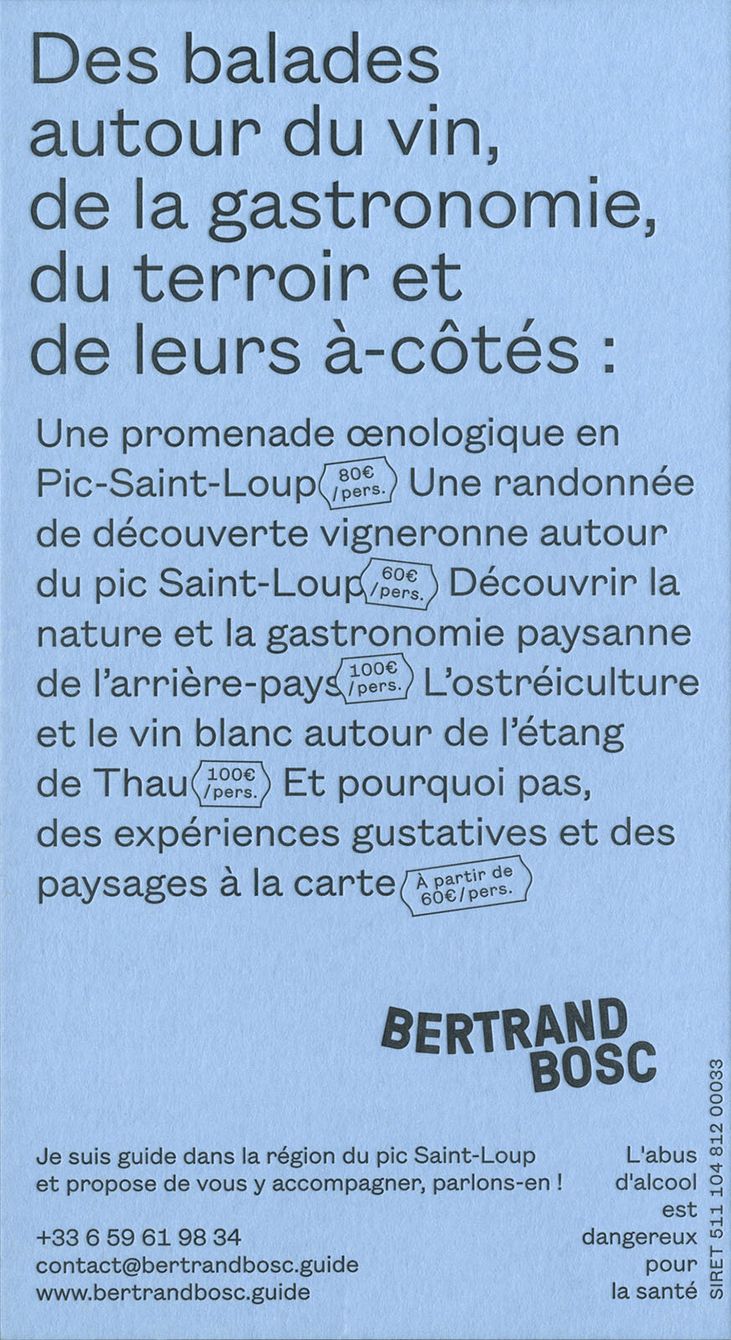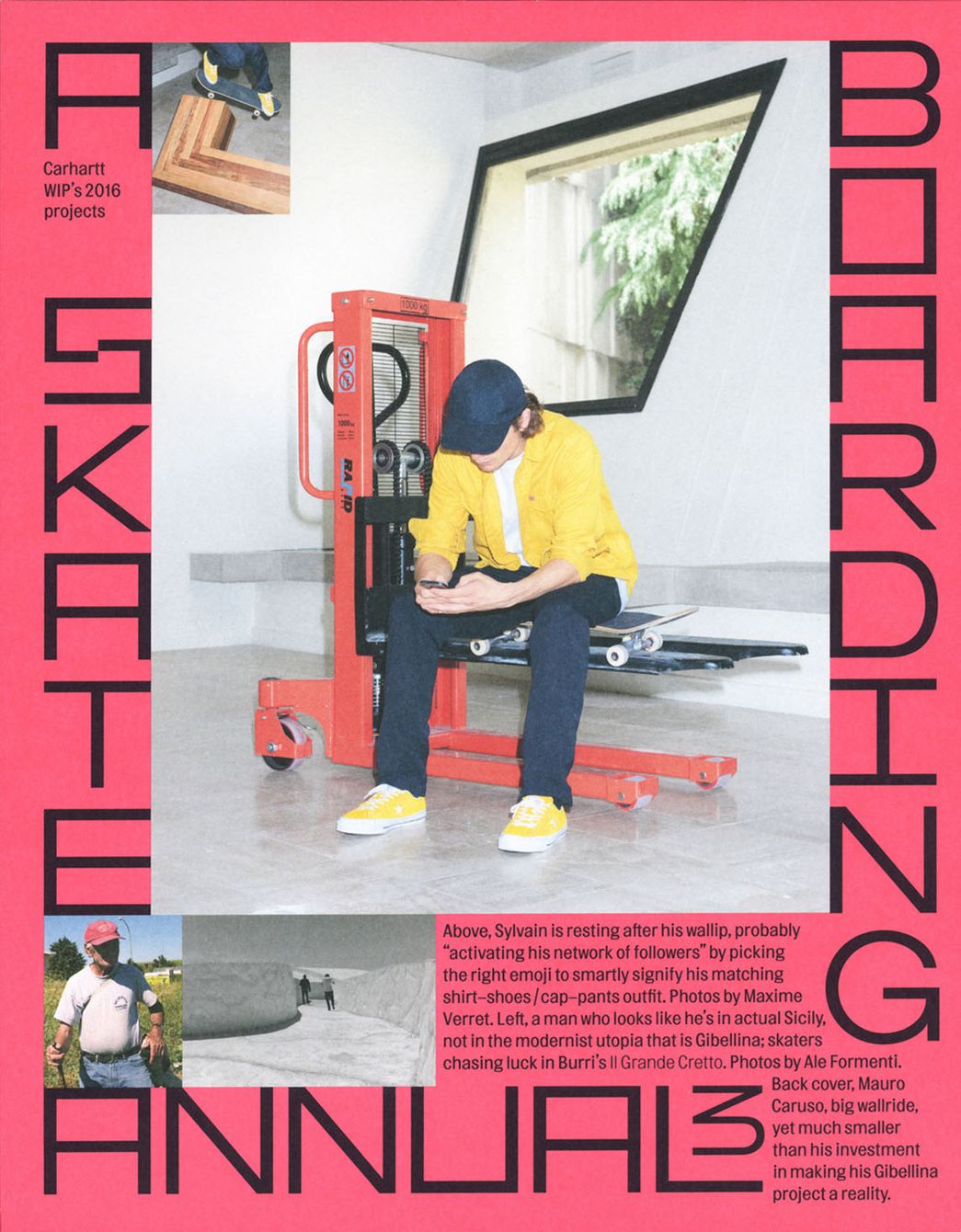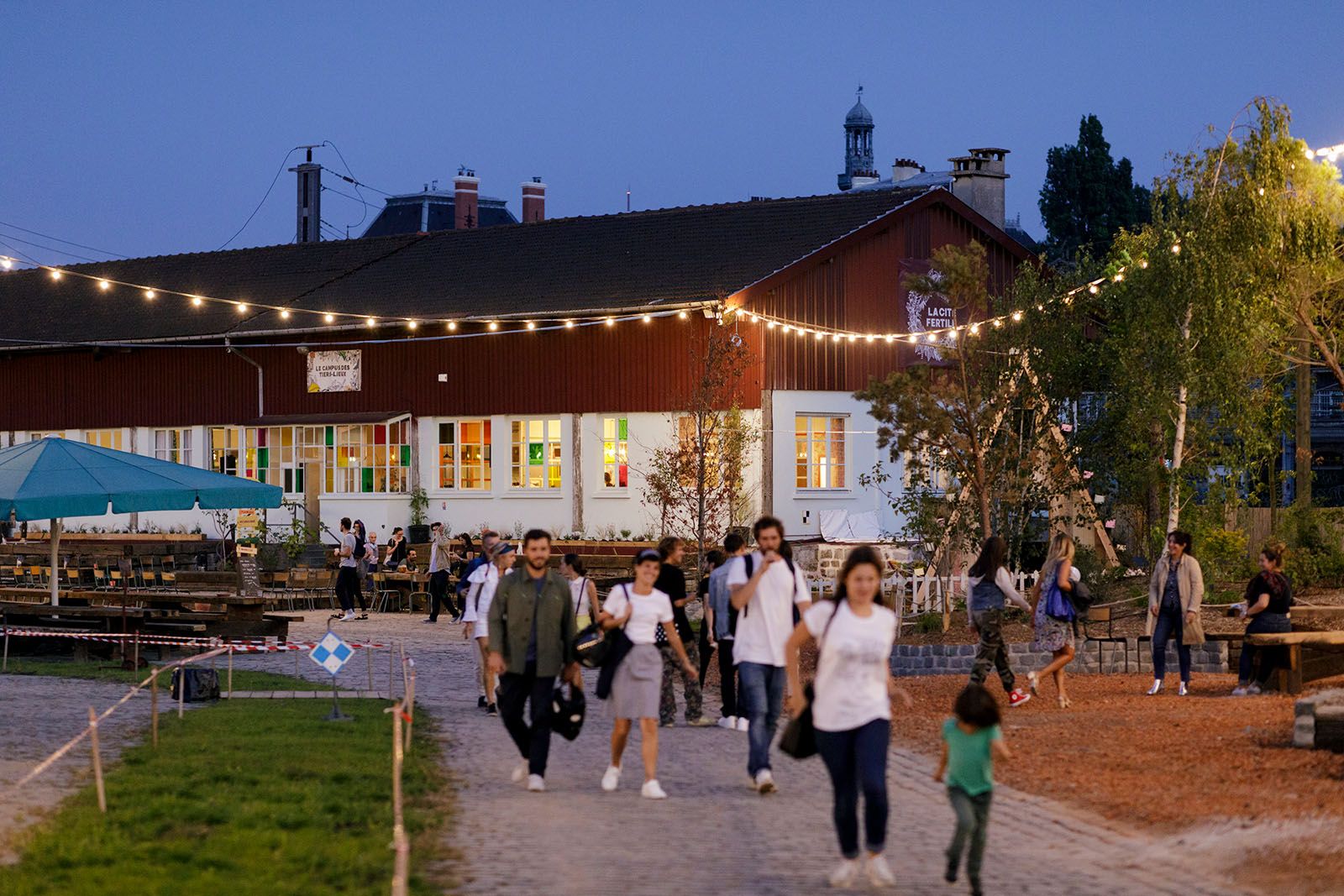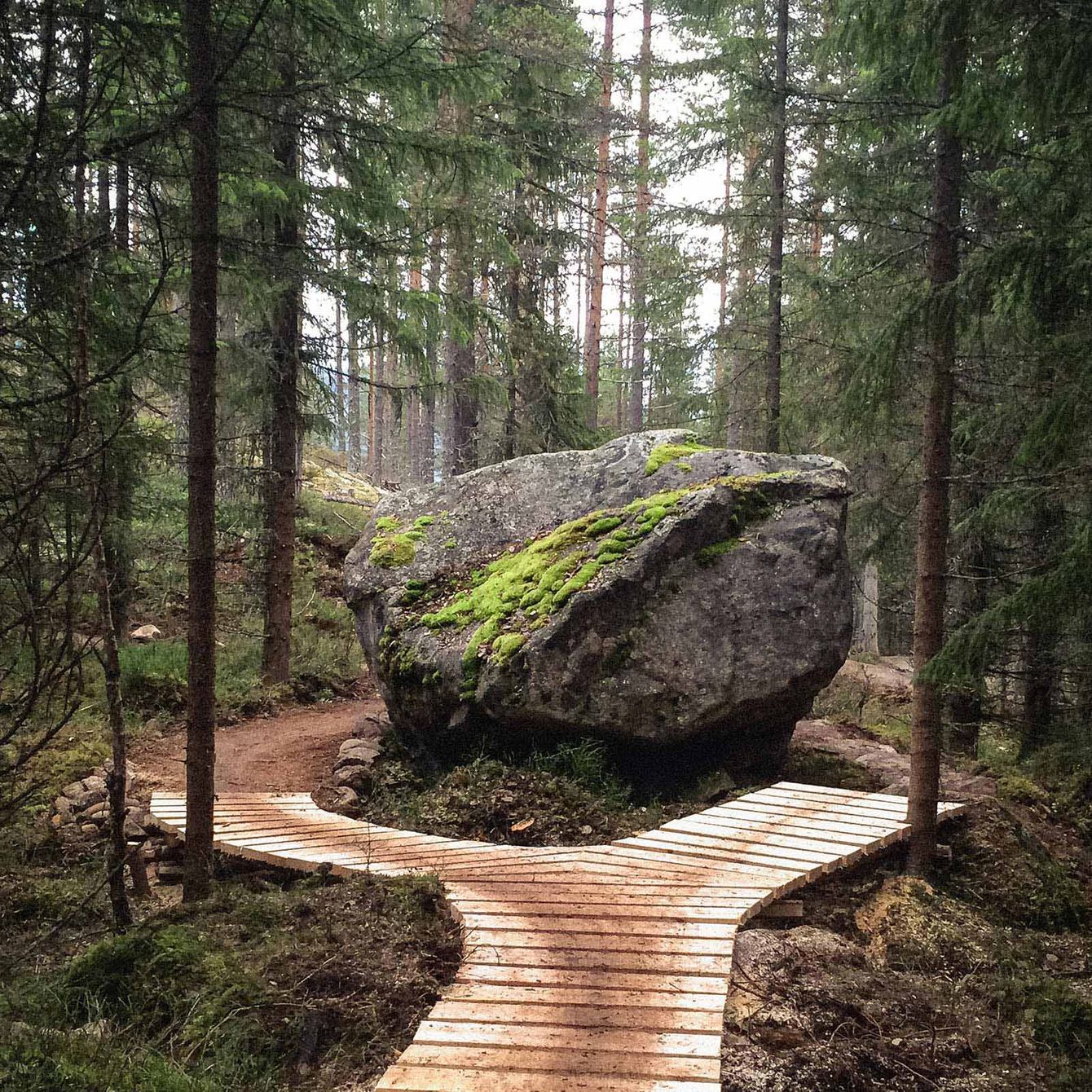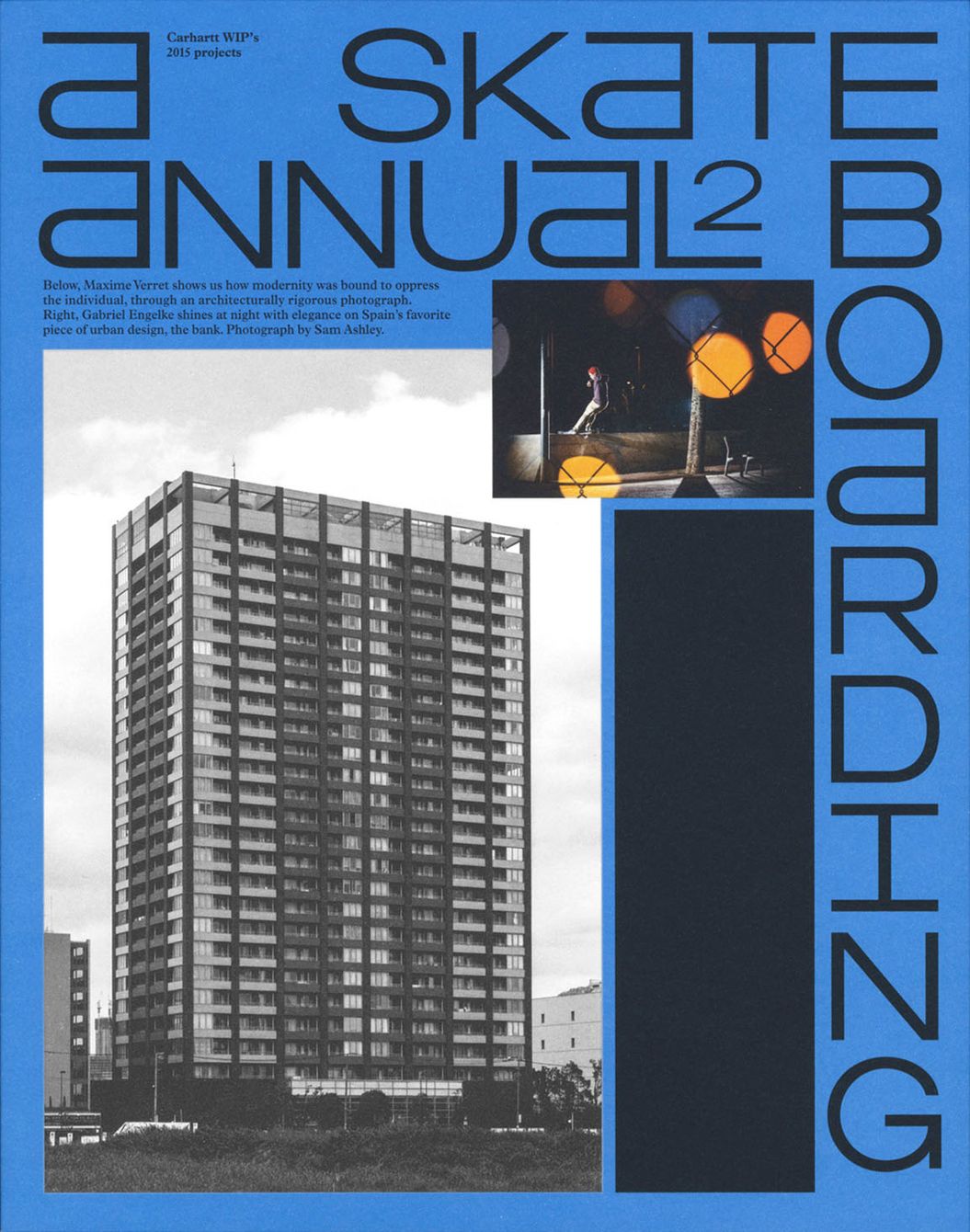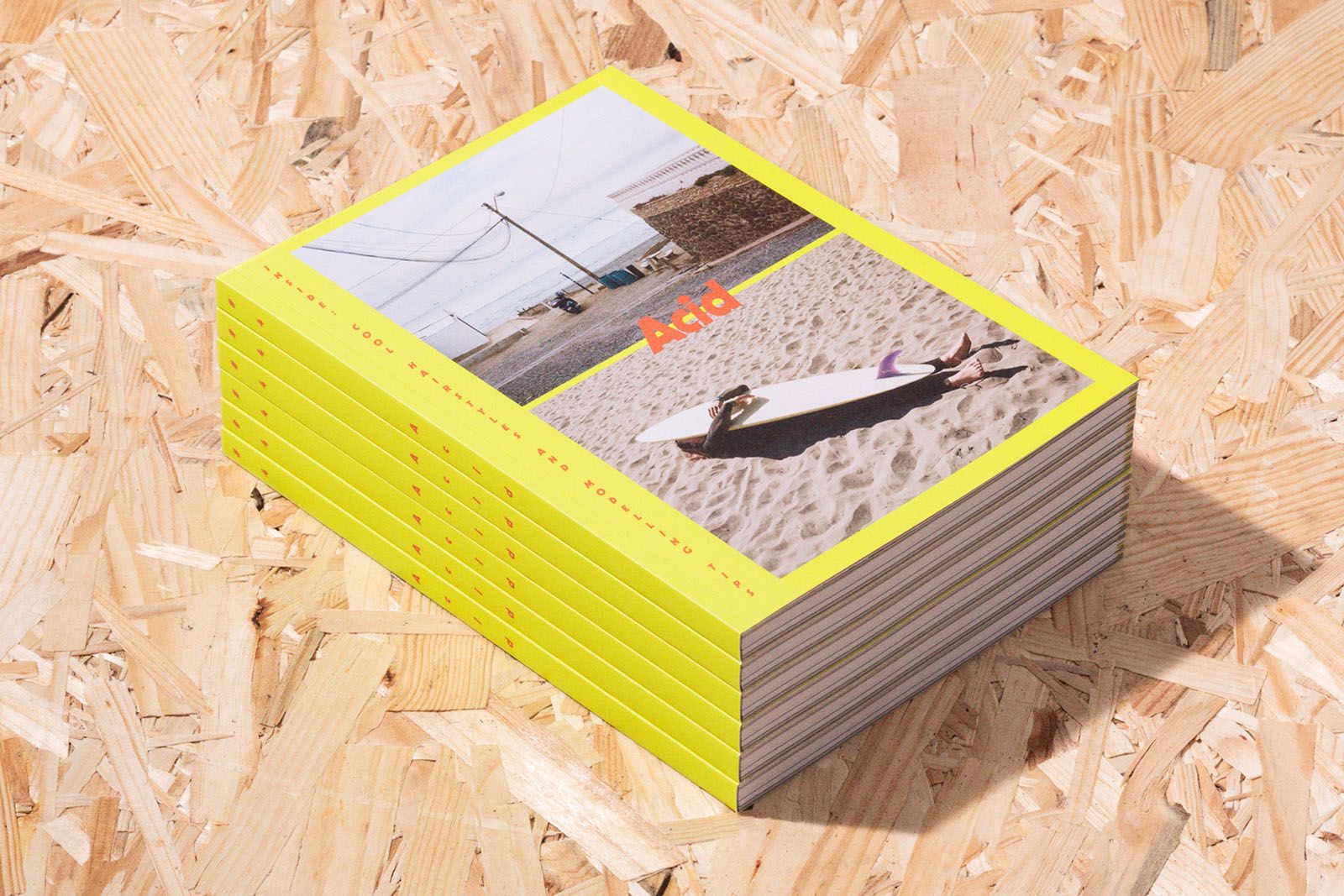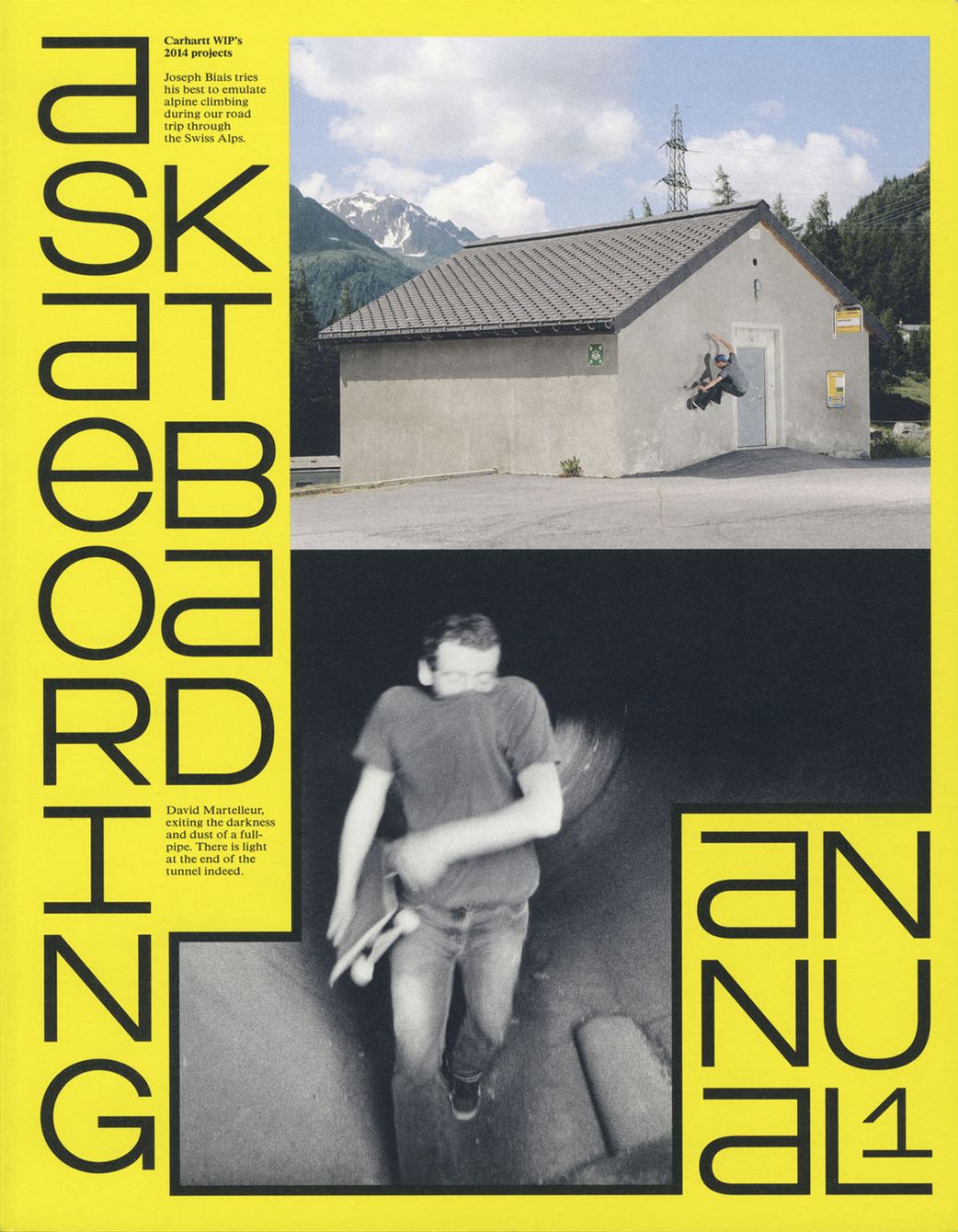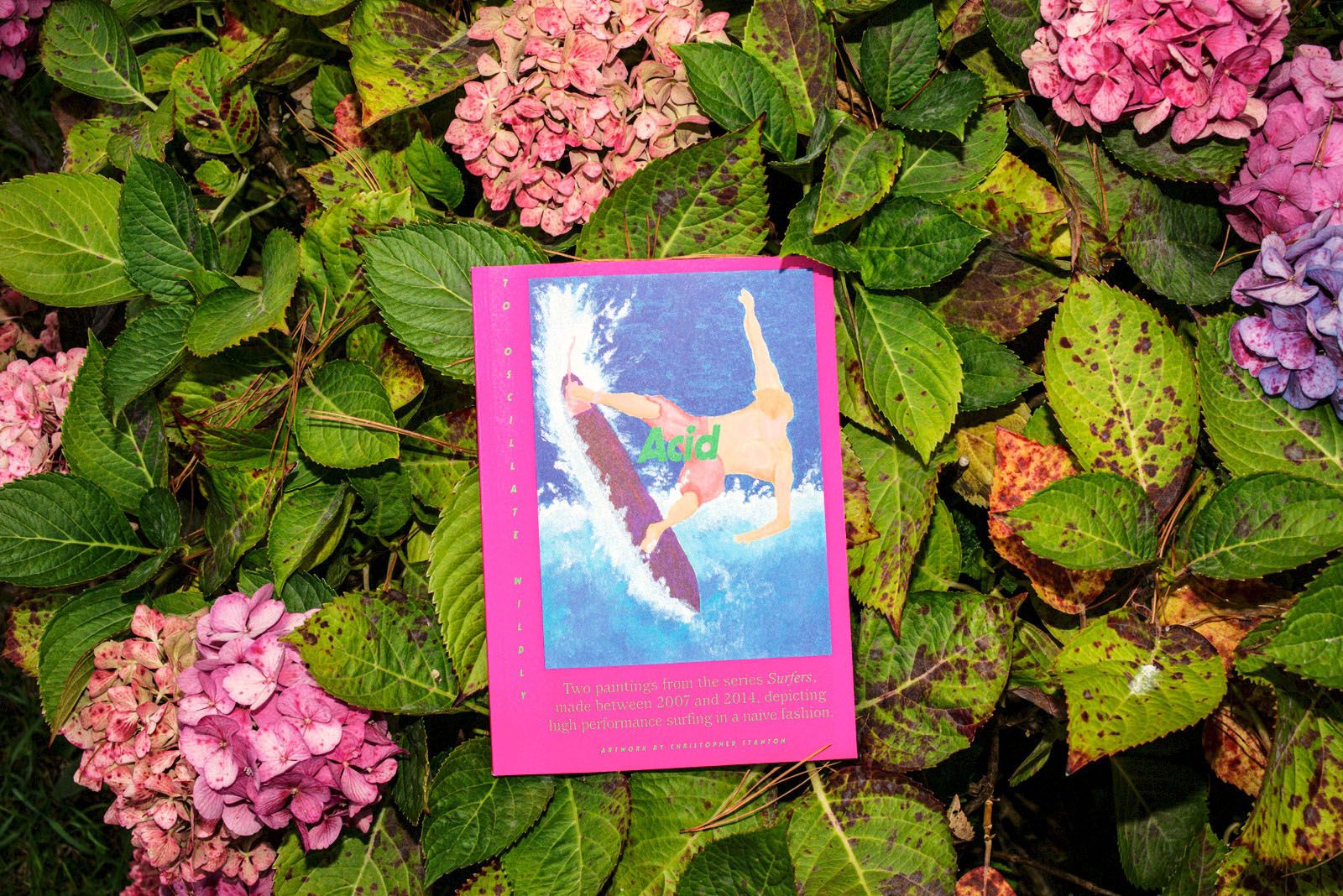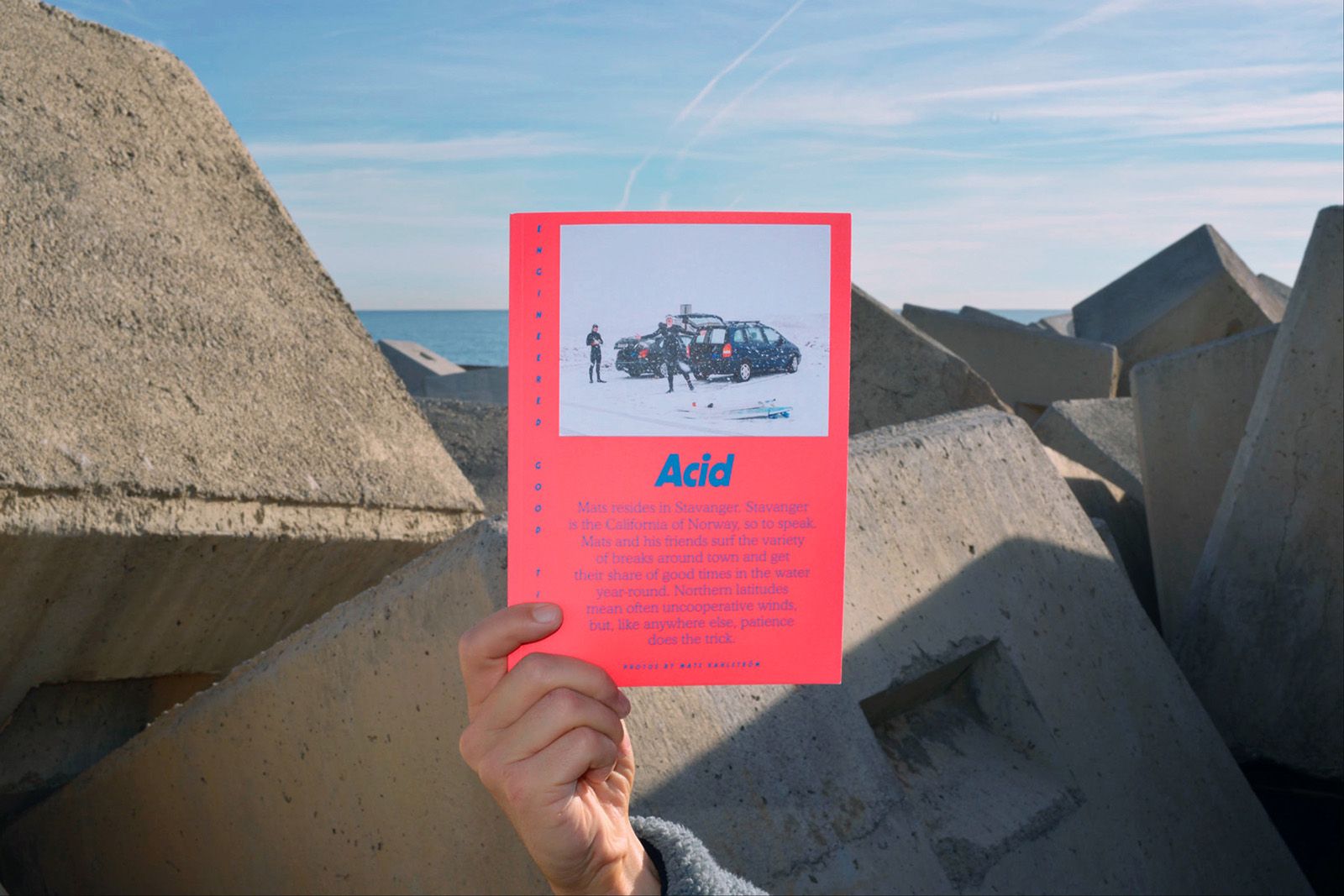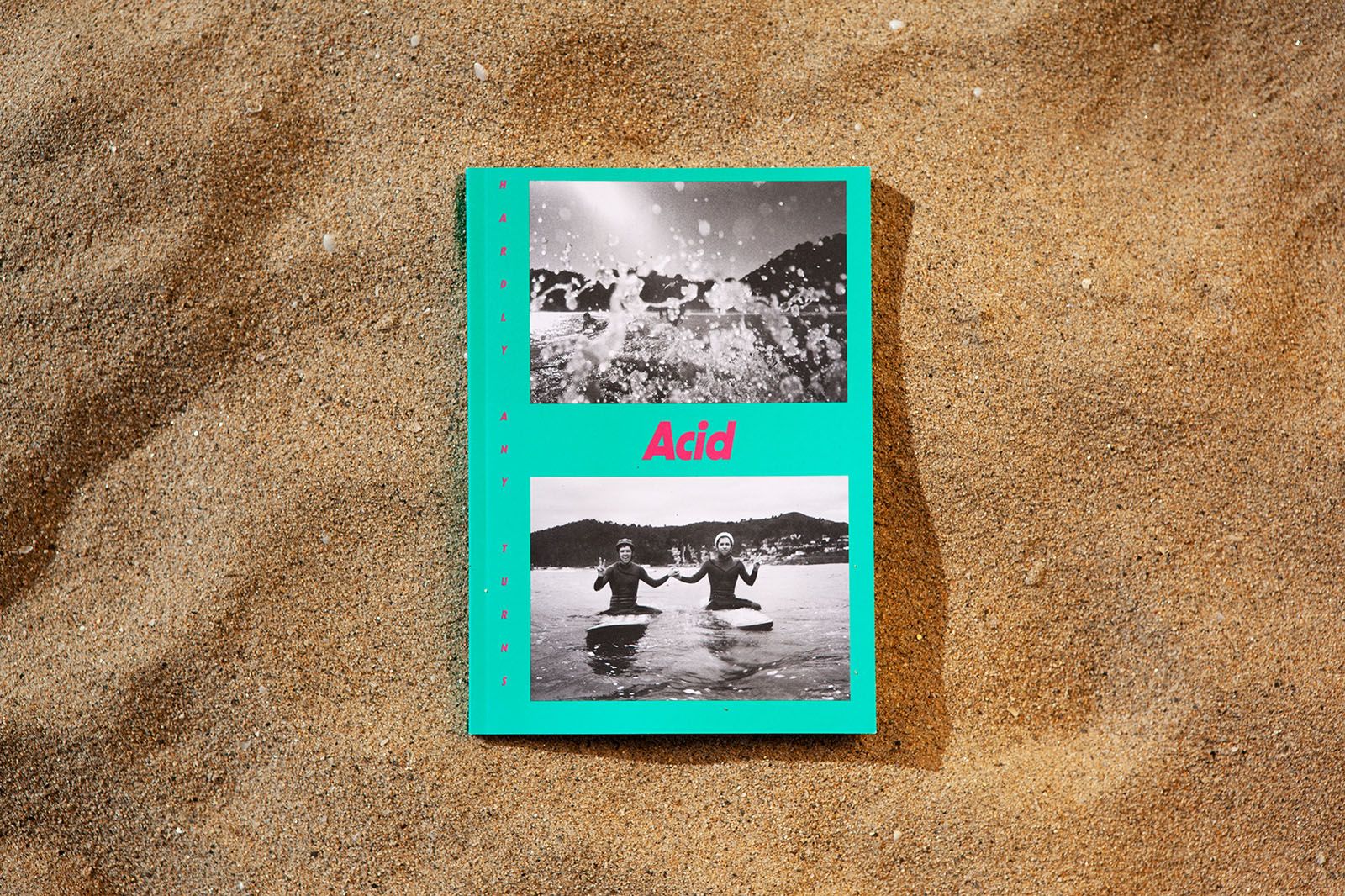Olivier Talbot works at the intersection of strategy, communication and design. He collaborates with clients across industries[1] on identity, information architecture and content operations to create narratives and communication tools that are clear, simple and sincere.
He is currently working with a wealth management bank and several architecture firms (one promotes project-based teaching, another advocates for a sustainable approach, and a third is led by poets). On the side, he’s trying hard to cut his carbon emissions.
- [1]
Architecture, carpentry, consulting, culture, education, fashion, food and beverages, jewellery, publishing, private equity, software development, social economy, sports, tech start-ups, wealth management, wholesale retail.
Projects
- TectoniquesContent platform and website for an architecture agency, 2026
- Instruments 0012023 [Personal]Loden overshirt made for the outdoors, 2024WithBertrand Trichet (co-founder), Greg Vermersch (co-founder), Elisabeth Leersen (textile) and Marie Mechid (production)
- Groupe 6Identity for a large, 50 year-old architecture firm, 2024
- EugèneIdentity and website for cultural heritage architects, 2024With
- TectoniquesStrategy and identity for architects and engineers who work with timber, 2023
- Horse PilotEditorial guidelines for a horse riding clothing brand, 2023
- HLDIdentity and website for a private equity group, 2022
- Villa Glovettes [Pro bono]Website and communication for a cultural association in the mountains, 2021
- EffectiveIdentity and website for a efficient streetwear distributor, 2021
- VictoireStrategy, identity and website for custom and beautifully handmade steel bikes, 2020With
- Maison BourgeonIdentity and e-commerce site for fragrant tea blends, 2020
- John SauvajonWebsite for a hyperlocal carpenter, 2020
- FidroitIdentity, product design and website for wealth management professionals, 2018With
- Promising, UGAIdentity and documents for a college design and creativity program , 2018With
- Carhartt WIPEditorship for A Skateboarding Annual #3, 2017
- La Cité FertilePresentation to kickstart a “third place” investigating the sustainable city, 2017
- Bike SolutionsIdentity, website and publication for bike trails and pumptrack designers, 2017With
- EiderOne year of stories, launches and content strategy, 2016
- RossignolProduct and innovation stories, 2016
- iBubbleLaunch campaign for an underwater drone, 2016
- Carhartt WIPEditorship for A Skateboarding Annual #2, 2016
- Acid Issue #4 [Personal]Editorship for a magazine that boosts paddle power without exercising, 2015
- EiderUX and content strategy for the redesign of an e-commerce website, 2015
- Carhartt WIPEditorship for A Skateboarding Annual #1, 2015
- SogilisWebsite for safety-critical software developers, 2014
- Acid Issue #3 [Personal]Editorship for a magazine of stimulating ideas with surfing as an entry point, 2014
- Acid Issue #2 [Personal]Editorship for a surf magazine interested in other things too, 2013
- Savoir JoaillerieBrand strategy and e-commerce site for a jewelry artist, 2013
- Acid Issue #1 [Personal]Editorship for a magazine looking at the world through the prism of surfing, 2013
- Tinta de la casa [Personal]A series of themed events about independently published magazines, 2012With
- Carhartt WIPBook and documentary film about about skateboard photography, 2011
